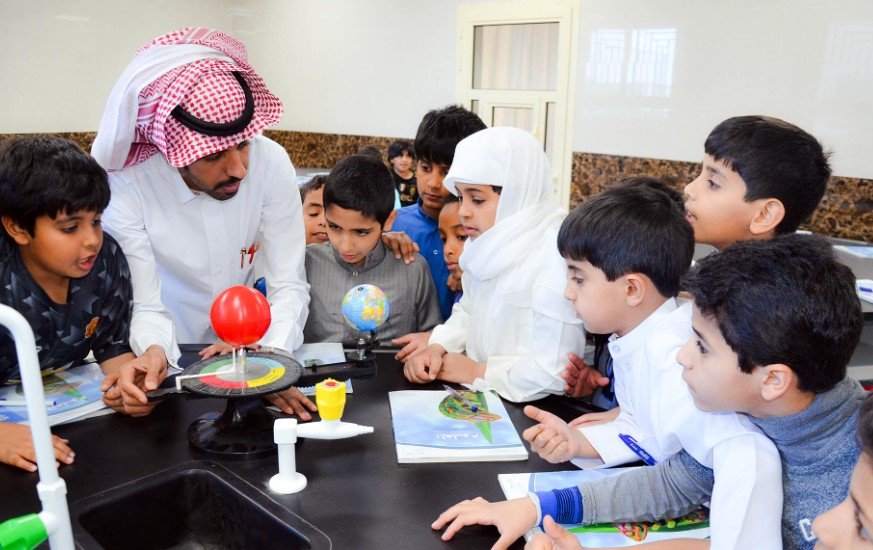The SAT is back in Egypt. After a long pause, students once again have a shot at applying to U.S. universities with one of the most recognized exams worldwide.
The U.S. Embassy in Cairo confirmed Wednesday that the SAT will officially resume in Egypt this June, thanks to a new agreement between the Egyptian Ministry of Education and the U.S.-based College Board. After months of uncertainty, thousands of students can finally breathe a little easier.
A Welcome Boost for Egypt’s Ambitious Students
This isn’t just about a standardized test. For many families in Egypt, the SAT is a golden ticket. It’s the key to applying for international scholarships, gaining admission to top-ranked universities, and opening up careers that once felt out of reach.
The sudden suspension of the SAT in recent years hit hard. Some students flew to neighboring countries just to take it. Others shelved their dreams.
Now, with the announcement that the SAT is back—and in digital form—it’s a different story.
One Cairo-based student who had been preparing for over a year said, “I thought I’d have to give up on my U.S. college plans. This gives me hope again.”

Digital Format, Familiar Stakes
The SAT isn’t coming back as it was. The College Board has rolled out a digital version of the test, and Egypt is joining more than 180 countries already using this format.
What’s changing? And what’s not?
For starters, test-takers will still need to demonstrate critical reading, writing, and math skills. But the experience itself is expected to be:
-
Shorter: The new digital SAT takes around two hours instead of three.
-
Adaptive: The difficulty adjusts as students progress through sections.
-
More secure: Fewer opportunities for test leaks or irregularities.
Most importantly, it’s built to feel less stressful. “We wanted the test to better reflect how students learn today,” said a College Board representative in a press release.
Test Centers Return, But Logistics Still Tricky
While digital access sounds good on paper, many parents still have questions. Will there be enough testing centers? What about internet reliability?
According to the embassy, many of the former paper-based test centers will reopen for digital testing. These include private schools, universities, and approved international centers. But no full list has been released yet, and students are watching closely.
A mother from Alexandria said, “We’re relieved, but I’m still nervous about how it will go. We need clarity and fairness for all students.”
U.S. and Egypt Emphasize Shared Educational Values
The agreement isn’t just a logistical fix—it’s being framed as a diplomatic win too.
Both the U.S. and Egyptian governments pointed to education as a pillar of their bilateral relationship. Reinstating the SAT strengthens cultural ties, boosts student mobility, and shows a commitment to empowering youth.
“We believe in giving young people the tools to succeed,” said a spokesperson from the Ministry of Education. “This move reflects our dedication to quality education and international standards.”
Questions Linger, But Relief Dominates Mood
Of course, not everyone is jumping for joy. There are still worries about how digital testing will play out on the ground. Will there be enough seats? How will accommodations be handled? Is this permanent or just a temporary fix?
Despite the lingering uncertainties, the dominant feeling across Egypt’s academic circles is one of relief.
Education consultants and international school counselors say their inboxes have been flooded with parents asking about registration timelines, test prep books, and new digital strategies.
“It’s like a floodgate opened,” one Cairo-based SAT prep tutor said. “Everyone was holding back because no one knew what would happen. Now it’s go time.”
A Shift That May Redefine Access
Beyond just the resumption, the shift to digital could reshape access altogether.
Digital tests can reach more areas, especially underserved regions where physical test materials were hard to deliver. If done right, this might democratize opportunity in ways the paper test couldn’t.
But if done poorly—say, with technical glitches or patchy planning—it could widen the gap between students with top-tier resources and everyone else.
Either way, this moment feels big.
With registration expected to open soon, students across Egypt are getting back to work. They’re studying vocabulary, reviewing math concepts, and taking online practice tests.
A sense of direction has returned.
